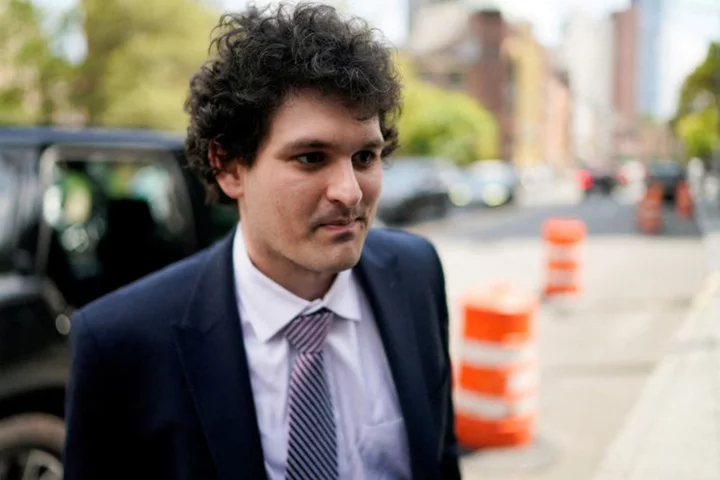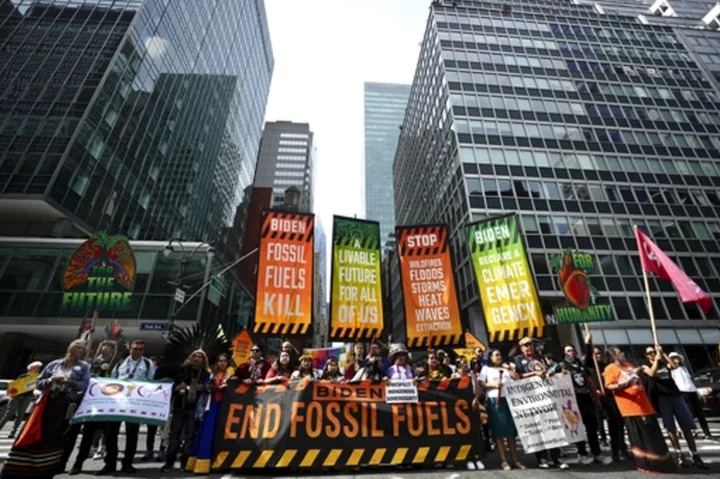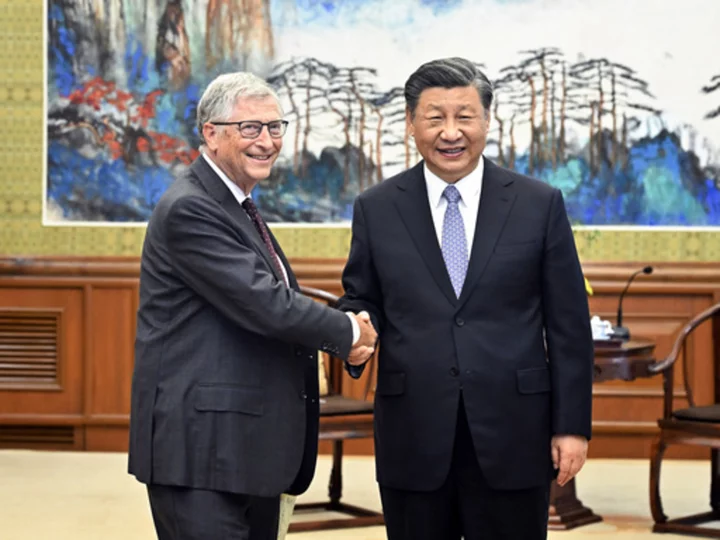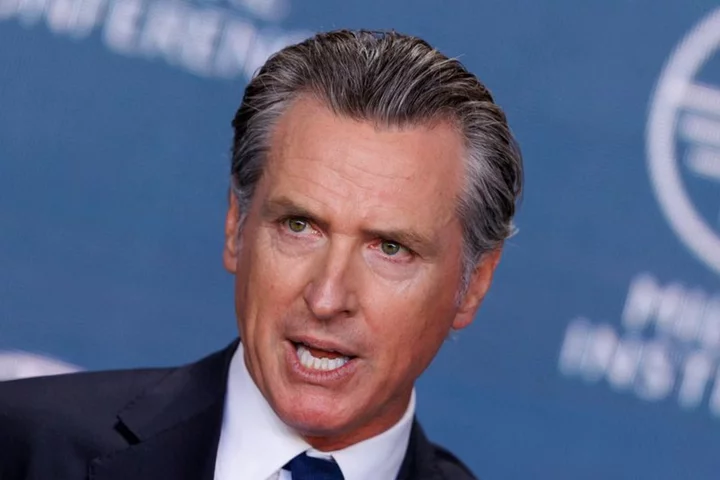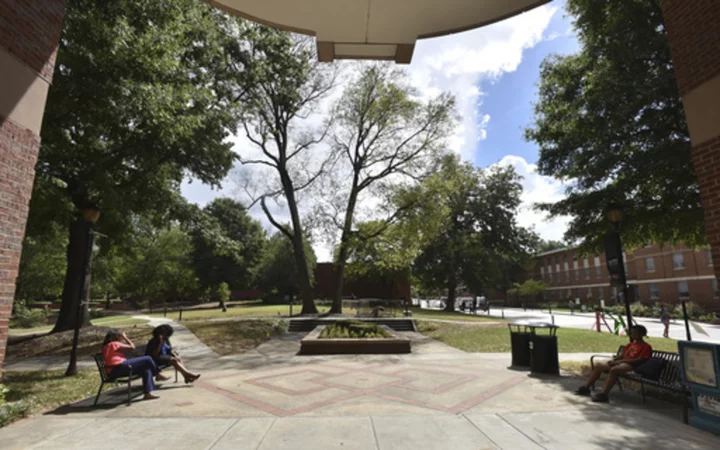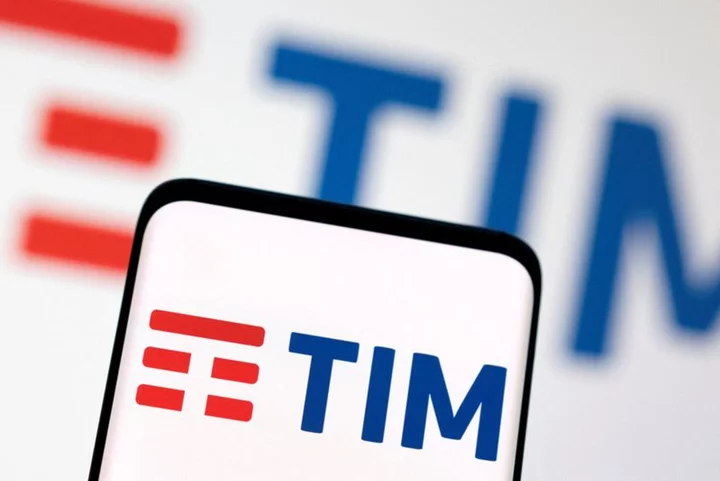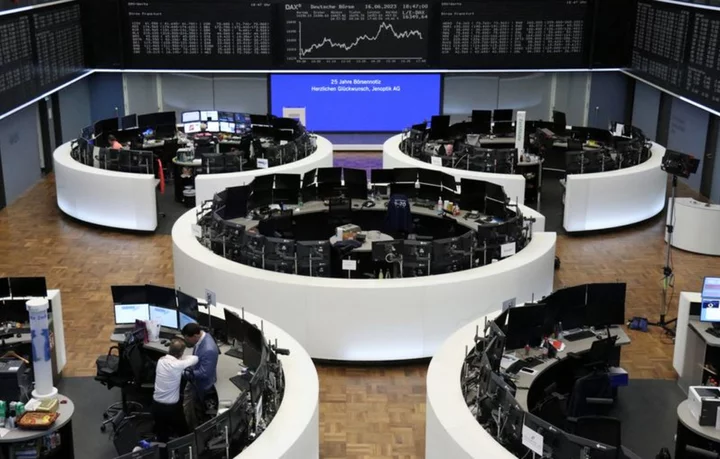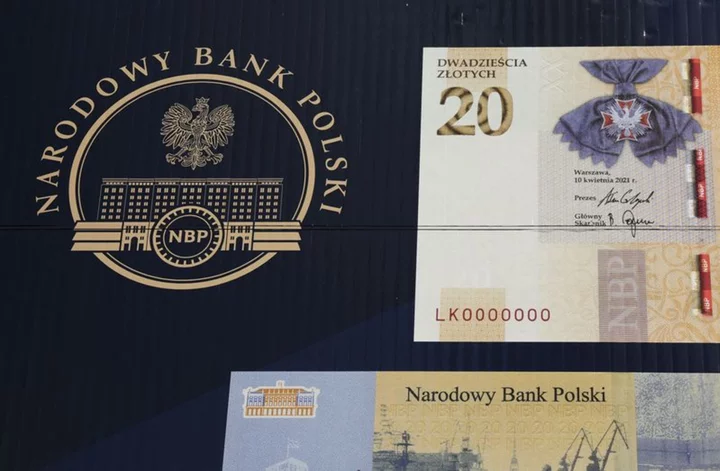By Luc Cohen
NEW YORK Sam Bankman-Fried will likely defend himself at his fraud trial, due to begin on Tuesday, by arguing he did not think the use by his FTX cryptocurrency exchange of customer funds was improper and by challenging the credibility of those who say otherwise.
The arguments, which defense lawyers have hinted at in court filings, could help the 31-year-old former billionaire try to defeat charges he stole a fortune from FTX customers by arguing he lacked criminal intent despite making mistakes that led to the now-bankrupt exchange's November 2022 collapse.
But any testimony from others suggesting Bankman-Fried knew his hedge fund, Alameda Research, improperly borrowed FTX customers' money to pay its debts, make investments, and lend billions to Bankman-Fried and other executives could undermine the argument that he acted in good faith, experts said.
A spokesperson for Bankman-Fried declined to comment. He is currently jailed in Brooklyn.
Bankman-Fried has pleaded not guilty to seven counts of fraud and conspiracy. He has long acknowledged failing to manage risk at FTX, but denied prosecutors' claims he stole billions of dollars in FTX customer deposits to plug Alameda's losses.
"We got overconfident and careless," Bankman-Fried wrote on X, formerly known as Twitter, on Nov. 16, five days after FTX filed for bankruptcy. "And problems were brewing. Larger than I realized."
In an interview with the New York Times two weeks later, he acknowledged Alameda had borrowed money from FTX, but said he was not aware of how large those debts had grown.
In September court papers, Bankman-Fried's lawyers said he had a "good faith belief" that the manner in which FTX and Alameda handled customer funds was permissible. They said FTX's terms of service did not restrain its use of customer deposits, as long as it honored withdrawal requests.
FTX ultimately halted withdrawals in November as customers raced to pull out their money due to concerns over commingling of funds between the exchange and hedge fund. But Bankman-Fried is likely to argue that was due to his failures running the business, not any theft of funds, said Jordan Estes, a former federal prosecutor.
"You have to set the stage that this was ultimately a run on the bank that was completely unexpected," said Estes, now a partner at law firm Kramer Levin.
Prosecutors with the U.S. Attorney's Office in Manhattan have pointed to a section of the FTX terms of service stating users retain the title to their digital assets at all times, and argued Bankman-Fried falsely said in public statements - including FTX commercials - that the exchange properly maintained customer assets.
U.S. District Judge Lewis Kaplan barred Bankman-Fried from calling an expert witness to share his interpretation of the terms of service, but did not rule out letting the defendant cross-examine witnesses about the terms.
'AN INSIDER'S PERSPECTIVE'
Testimony from former colleagues who were close to Bankman-Fried could challenge his claim of good faith. Three former members of his inner circle - former Alameda Chief Executive Caroline Ellison and former FTX executives Gary Wang and Nishad Singh - have pleaded guilty and are set to testify against him at trial.
"Cooperating witnesses like Caroline Ellison and Gary Wang ... are able to provide an insider's perspective on what was happening behind closed doors, which can be very powerful to show intent," said Tim Howard, a former federal prosecutor in Manhattan and now a partner at law firm Freshfields.
Prosecutors are seeking to play jurors a recording of an Alameda meeting in which Ellison told colleagues that Bankman-Fried approved the use of customer funds. Prosecutors say Bankman-Fried told Wang to alter FTX's code to let Alameda accrue a negative balance on the exchange, which other users could not do.
Bankman-Fried is likely to argue that his former colleagues are motivated to falsely implicate him in the hope of winning a more lenient sentence, a common tactic in criminal cases involving cooperating witnesses, experts said.
His lawyers have also argued in court papers that others in the cryptocurrency sector used customer assets in a similar way, contributing to his good faith belief that FTX's treatment of customers' deposits was appropriate.
Kaplan on Sept. 26 declined to rule on a request by prosecutors to bar Bankman-Fried from introducing evidence of how other cryptocurrency companies used customer funds.
In a Sept. 28 court hearing, he said that even though the case involves some "arcane" subjects such as cryptocurrency, "the issues in this case are pretty straightforward."
"Was there fraud," Kaplan said, "or wasn't there?"
(Reporting by Luc Cohen in New York; Editing by Amy Stevens and Daniel Wallis)

